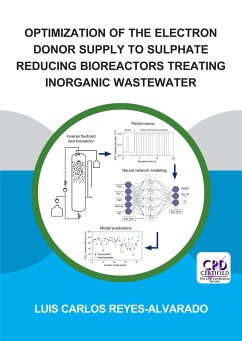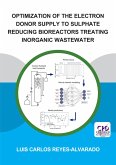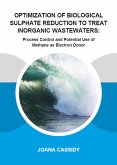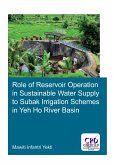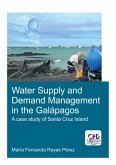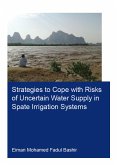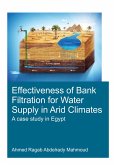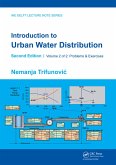This study aimed to optimize the electron donor supply in sulphate reducing bioreactors treating sulphate rich wastewater. Lactate and slow release electron donors, such as carbohydrate based polymers and lignocellulosic biowastes, were used for biological sulphate reduction in different bioreactor configurations: the inverse fluidized bed, sequencing batch and batch reactors. The reactors were tested under steady-state, high-rate and transient-state feeding conditions of electron donor and acceptor, respectively.
Dieser Download kann aus rechtlichen Gründen nur mit Rechnungsadresse in A, B, BG, CY, CZ, D, DK, EW, E, FIN, F, GR, HR, H, IRL, I, LT, L, LR, M, NL, PL, P, R, S, SLO, SK ausgeliefert werden.

